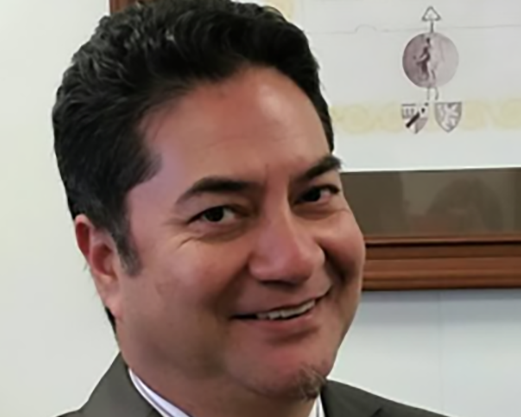A petition has been submitted to the King asking him to revoke the appointment of Lord Tavake Afeaki, Lord Chancellor, to be Acting Chief Justice for 4 months in the absence of the Lord Chief Justice Whitten, QC.
The petition, submitted to the Palace Office on Monday 25 October, carried the signatures of fifteen Tongan prominent lawyers, Members of the Tonga Law Society.
Heading the list is senior veteran lawyer William Clive Edwards. Others on the list are also well-known lawyers like Nelson Tupou (of New Zealand), Sifa Tu’utafaiva, Posesi Bloomfield, and William Edwards Jr.
Also included are, Fatai Vaihu, Sisi Ebrahim, Solomone Tatila, Alyssa Kafoa, Sione Taione, Sunia Fili, Sione ‘Etika, Viliami Mo’ale, Lesina Tonga, and Ane Tavo Mailangi.
Reasons behind the petition
Tavake Afeaki, as Lord Chancellor, is the chair of the Judiciary Appointments and Discipline Panel. This is the panel that appoints judges. The panel consists of the Lord Chancellor, Lord Chief Justice, and the Law Lords.
The Law Lords consist of the Attorney General, Linda Folaumoetu’i; Mr. Michael Dishington Scott, KC; and the four original Law Lords: Lords Dalgety, Lord Tupou, Lord Tangi, and Rev. Tevita Koloa’ia Havea.
The petition claims that Lord Afeaki as Chair has elevated himself to the position of Lord Chief Justice with the assistance, support and promotion of Lord Dalgety.
Dalgety, by the way, was instrumental in Afeaki getting the job as Lord Chancellor and on the Judiciary Panel.
In point 7 of the petition, it is claimed, “the appointment is tainted with cronyism, personal interest and self-promotion within the Panel. There is a conflict of interest with the Chairperson appointing himself to the position of Acting Lord Chief Justice.”
“The decision is not transparent and is wrong,” says the petition. “The Panel is established to consider suitably qualified and appropriate candidates for the judicial office and is not established for the promotion of its members to the Judiciary.”
It is argued that the traditional procedure in the appointment of someone to be acting Chief Justice is for the most senior of the Supreme Court judges to be selected. But in this case, someone who has never served as judge and who even lacks experience in legal practice, is brought to act as Chief Justice.
The Senior Justice in the Supreme Court, according to the petition, is Justice Niu who has an impressive record of service as Senior Legal Practitioner, and as Judge of the Supreme Court.
The petition says that in the short time Justice Niu has served as a Justice in the Supreme Court, he has demonstrated competency, fairness and loyalty to the application of the rule of Law and Justice in this country.
The petitioners say: “We, the undersigned Law Practitioners, are dissatisfied with the interference and influence that Lord Dalgety purports to exercise in the appointment of the Acting Lord Chief Justice. The Panel is seen as a stepping stone and means of promoting its members to the top judicial office in this country.”
“It is not un-noted that the Panel had recommended Lord Afeaki as the Anti-Corruption Commissioner but has not taken up that role because the Government had not provided the funding required for that office,” the petitioners say.
“Further, we are acutely aware of the connection between Lord Dalgety and Lord Afeaki with the Ashika tragedy that had occurred in this country and here they are now seen to be involved in assuming power to be in charge of the Supreme Court of Tonga.”

Background information received from New Zealand on Lord Afeaki, uncovers a legal engagement mostly in Maori Land cases, and he had not done much or no legal work in criminal, civil, or family court cases.
His hiring out of New Zealand to become Lord Chancellor was seriously questioned, but the saga revealed an involvement by Lord Dalgety, a Law Lord and on the Judicial Panel, who was a close friend of the Afeaki brothers – Kahu and Tavake.
Kahu, the senior of the trained lawyers, is reported to have been Lord Dalgety’s preference to be Lord Chancellor. But because he was declared bankrupt in New Zealand, he could not be legitimately engaged.
The baton was then handed to younger brother Tavake. This has paid off big in terms of the exercise of power in the judicial appointment, with Lord Dalgety and Lord Afeaki, being very influential in judicial appointments.
The Judicial Committee of the Privy Council is called the Judicial Appointments and Discipline Panel, and advises the King on the exercise of his judicial powers in the appointment of judges, as well as investigates complaints against judges.
END.




